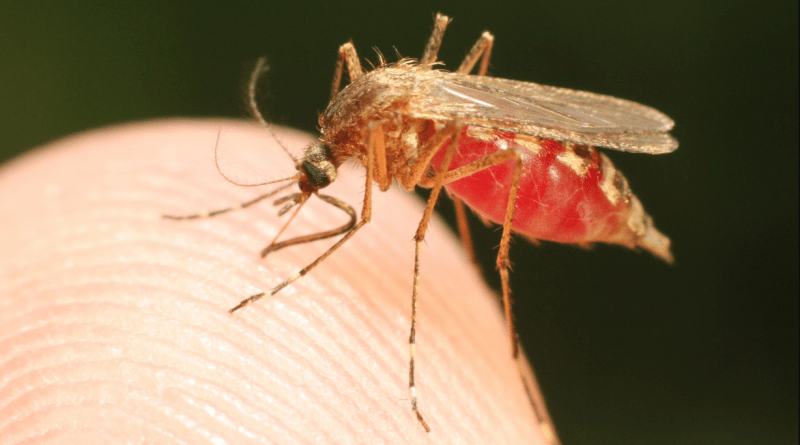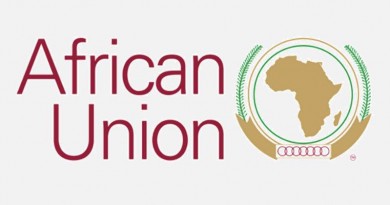New operational strategy for the Global Malaria Programme
The WHO Global Malaria Programme has released a new operational strategy ahead of World Malaria Day, outlining key priorities and activities up to 2030 to change the trajectory of malaria trends and achieve global targets. The strategy focuses on four strategic objectives: developing norms and standards, introducing new tools and innovation, promoting strategic information for impact, and providing technical leadership for the global malaria response.
In the past few years, advancements towards key goals outlined in the WHO Global technical strategy for malaria 2016-2030 have come to a standstill, especially in nations heavily burdened by the illness. By 2022, an estimated 608,000 deaths related to malaria and 249 million new cases of malaria were reported globally, with young children in Africa being the most affected by the disease.
There is still a significant number of individuals who are not receiving the necessary services to prevent, detect, and treat malaria. Moreover, the progress in global malaria control has been hindered by limited resources, humanitarian emergencies, climate change, and threats like drug and insecticide resistance.
Dr. Daniel Ngamije, the Director of the Global Malaria Programme, emphasizes the urgent need for a shift in the global response to malaria across the entire ecosystem to prevent unnecessary deaths and achieve the WHO’s malaria strategy goals. This shift should focus on addressing the root causes of the disease and prioritize accessibility, efficiency, sustainability, equity, and integration.
Strategic goals
The WHO Global Malaria Programme plays a crucial role in leading efforts to control and eradicate malaria worldwide. With its direct interventions and extensive networks in 150 countries, the Programme is well-positioned to influence the malaria ecosystem and make a difference at the country level.
The operational strategy has been revamped to encompass four strategic objectives.
- Establish and disseminate norms and standards: The fight against malaria relies on evidence-based technical recommendations. By providing normative guidance, the Global Malaria Programme ensures that countries and partners are aligned under a common technical vision and strategic direction. This enables the translation of evidence into action and supports global policy-making.
- Foster the development and timely introduction of new tools and innovation: While progress can be made with existing tools, the introduction of new interventions is crucial to accelerate gains and address emerging threats. The Global Malaria Programme plays a pivotal role in facilitating the evaluation and introduction of innovative malaria control tools. Collaborating closely with multiple partners, it provides an evidence base to inform effective scale-up.
- Advocate for the use of strategic information for impact: Monitoring, evaluating, and reporting on malaria burden, control, and elimination trends is a key aspect of the Global Malaria Programme’s work. This information drives priorities and decision-making at all levels, from local actors to international donors. Additionally, the Programme supports equity monitoring and local barrier assessments to identify populations that may be missing out on malaria interventions.
- Provide technical leadership in the global malaria response: The World Health Organization (WHO) takes the lead in coordinating the United Nations’ health agenda at both country and global levels. As part of this responsibility, the Global Malaria Programme convenes key stakeholders, defines and advocates for priority activities, and empowers communities and individuals to access quality health services. By embodying this core WHO function, the Programme plays a crucial role in the malaria ecosystem.
The operational strategy is driven by three equity-oriented principles:
- Emphasis on country ownership and leadership, utilizing a whole-of-government and whole-of-society approach. Efforts to combat malaria should be fully owned and led by countries, with sufficient investment of domestic resources and a multisectoral response. A country-led approach also fosters inclusive governance, accountability, and tailored interventions that suit local contexts.
- Building resilient health systems to support the success of national malaria responses. The provision of malaria services depends on a robust primary health care system that can adapt to emerging needs and deliver quality care to all individuals, including those affected by malaria.
- Upholding equity in access to quality health services. All endeavors to combat malaria should be grounded in principles of equity, gender equality, and human rights to ensure that the most vulnerable populations are safeguarded and have access to quality health services, including malaria interventions and information.
The focus of this year’s World Malaria Day is on equity in access to malaria services, as reflected in the theme: “Accelerating the fight against malaria for a more equitable world.” This theme is also a key component of the Yaoundé Declaration, which was signed in March 2024 by African Ministers of Health from countries heavily impacted by malaria.
By endorsing the declaration, Ministers have committed to various actions, including the goal of ensuring that all populations at risk of malaria consistently receive the necessary tools – even those residing in remote areas and conflict-affected humanitarian settings.




